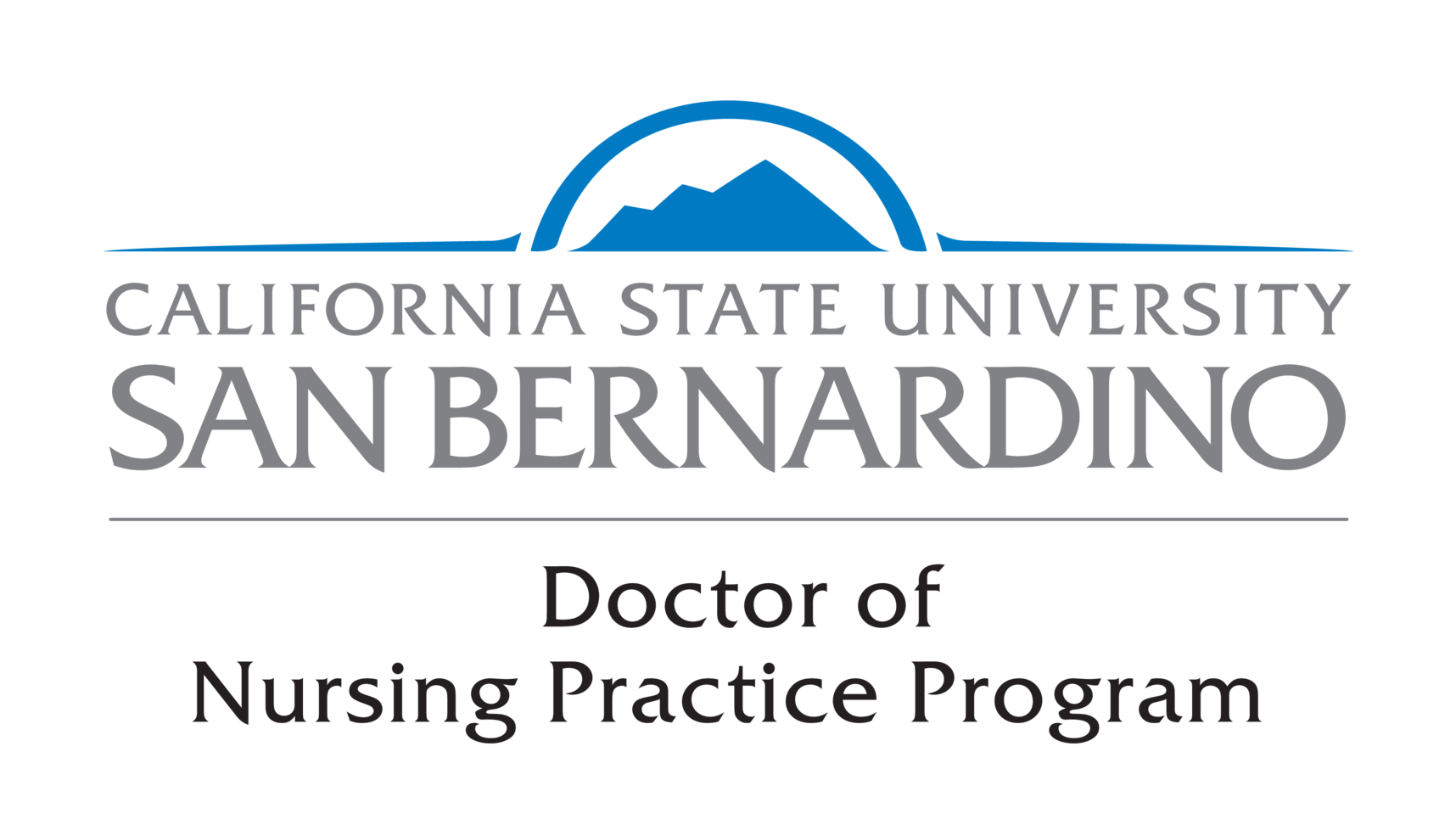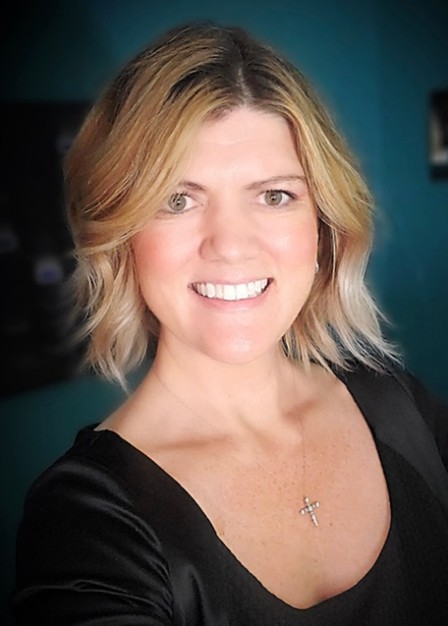
Welcome to the Doctor of Nursing Practice (DNP) Program – Family Nurse Practitioner (FNP) Specialty
Thank you for considering our program as the next step in your professional journey. Choosing a doctoral program is a significant decision, and we are honored that you are exploring the opportunity to join our community of advanced nursing scholars and leaders.
Our DNP program is designed to prepare you for the highest level of nursing practice, equipping you with the knowledge, skills, and clinical experience to lead in today’s complex healthcare environment. With a strong focus on evidence-based practice, health equity, leadership, and interprofessional collaboration, our curriculum aligns with the American Association of Colleges of Nursing (AACN) Essentials and the National Organization of Nurse Practitioner Faculty (NONPF) Nurse Practitioner Role Competencies to ensure that graduates are prepared to provide exemplary, patient-centered care.
What makes our program unique is its integration of holistic and integrative health principles throughout the curriculum. Students gain not only advanced clinical expertise but also the ability to approach care in a comprehensive, person-centered way that honors the mind-body-spirit connection. This emphasis, combined with rigorous didactic coursework, immersive simulation, and over 750 direct patient clinical hours, ensures that graduates are prepared to deliver care that is both scientifically grounded and compassionately tailored to the whole person.
Our faculty are dedicated educators and practitioners who are committed to mentoring you throughout your doctoral journey. Together, we will support your development into a confident, compassionate, and highly skilled nurse practitioner who is ready to transform healthcare and improve outcomes for diverse populations.
We are excited to share this journey with you and look forward to helping you achieve your professional goals.
On behalf of our faculty and staff, welcome — and thank you again for considering our program.
Warm regards,
Renee Gregg-Chastain, DNP, FNP-C
Founding DNP Program Director
Doctor of Nursing Practice (DNP) - Family Nurse Practitioner Specialty (FNP) Program
The Doctor of Nursing Practice (DNP) Program is a professional degree designed to create practice-ready advanced practice registered nurses (APRN) to lead the transformation of healthcare and provide evidence-based, holistic, innovative, and fiscally responsible healthcare. The APRN is prepared to deliver care that is diverse and inclusive of the determinants of health to positively impact individuals and communities in which they practice, particularly the Inland Empire region.
This three-year (nine semester) BSN-DNP Program utilizes a hybrid synchronous and asynchronous approach. Students complete online didactic courses and 1,000 clinical hours; three on-campus advanced clinical skills development immersions (135 on-campus clinical hours), DNP Project implementation (70 hours), health assessment lab (45 hours), and direct patient care clinical rotations within assigned clinical sites (750 hours of in-person). Students apply the knowledge gained throughout the program to develop and implement a DNP Scholarly Project.
Upon completion of the DNP Program students will have accomplished the requirements to be eligible to complete the national certification exam in the family nurse practitioner (FNP) specialty.
At the end of the CSUSB DNP Program, the graduate will demonstrate competency in:
- Clinical practice by demonstrating advanced nursing practice knowledge through providing holistic person-centered evidence-based care and engaging in shared decision making with individuals and families in collaboration with interprofessional stakeholders.
- Clinical scholarship by translating evidence- based research, informatics, and healthcare technologies into practice that improves health outcomes for individuals and communities.
- Leadership in healthcare promoting population health, health equity, and navigating organizational and healthcare systems to address quality and safety for individuals and organizations.
- Professionalism by modeling respect for diversity, equity and inclusion of all individuals and advocating for an environment that promotes self-care and well-being and demonstrating accountability to professional practice standards.
- Advocacy for equity and social justice by respecting diversity and promoting inclusion of all individuals, with considerations of determinants of health, to improve health outcomes.
At the end of the CSUSB DNP Program, students will demonstrate clinical competency in the following areas:
- Clinical Practice: Provide holistic person- centered evidenced-based care including:
- Perform a comprehensive health history and physical exam.
- Order and interpret appropriate diagnostic tests.
- Differentiate, diagnose and manage acute and chronic health concerns.
- Prescribe and manage appropriate pharmacologic and non-pharmacologic treatment/ therapeutics.
- Clinical Scholarship:
- Translate evidence-based research into practice to improve health outcomes for individuals and communities.
- Leadership:
- Guide individuals navigating the healthcare system.
- Collaborate within an interprofessional team to improve health outcomes with consideration for the determinants of health.
- Professionalism:
- Model respect for diversity, equity and inclusion of all individuals, including other members of the healthcare team.
- Advocate for an environment that promotes self-care and well-being.
- Demonstrate accountability to professional practice standards, including regulatory requirements.
- Advocacy:
- Engage in shared decision making with individuals and families in collaboration with interprofessional stakeholders.
- Advocate for social justice and health equity with considerations for determinants of health.
A Family Nurse Practitioner (FNP) is an advanced practice registered nurse (APRN) prepared at the graduate level to deliver comprehensive, evidence-based primary care to individuals and families across the lifespan. FNP's are trained to assess, diagnose, and manage acute and chronic conditions; order and interpret diagnostic tests; prescribe pharmacologic and non-pharmacologic treatments; and promote wellness through patient education and preventive care. With a holistic, family-centered perspective, FNP's provide care that addresses physical, emotional, and social determinants of health. Practicing in settings such as primary care clinics, community health centers, and specialty practices, FNP's expand access to quality healthcare, improve health outcomes, and advance health equity.
The Doctor of Nursing Practice (DNP) program is a full-time, year-round program completed over three years (eight semesters). In addition to rigorous didactic coursework, students complete 750 direct-care clinical hours and 250 indirect hours through on-campus simulation and DNP Project implementation. The curriculum, which extends well beyond traditional master’s-level preparation, includes:
- DNP Core Courses in leadership, advocacy, ethics, health policy, epidemiology and clinical prevention, and informatics.
- Doctoral Project Courses culminating in the design, implementation, and evaluation of a fully developed DNP Project.
- Nurse Practitioner Courses in advanced pharmacology, advanced health assessment, pathophysiology, pediatrics, obstetrics, integrative holistic therapies, and family health management.
This comprehensive program equips graduates with advanced clinical expertise, strong leadership capacity, and a holistic perspective to transform healthcare delivery and improve patient outcomes.
The DNP program offers a distinctive emphasis on holistic and integrative healthcare, setting graduates apart as leaders prepared to deliver comprehensive, patient-centered care. Grounded in a mindful and reflective doctoral experience, the curriculum is designed to scaffold evidence-based holistic practices across all clinical courses, ensuring that students are equipped to treat the whole person, not just the condition.
Students benefit from specialized coursework, including a second pharmacology course with a unique focus on herbal therapeutics, as well as the Introduction to Integrative Health and Self-Care for the APRN course. Here, they gain the knowledge and skills to incorporate holistic modalities into patient care plans while also cultivating self-care strategies to build resilience, reduce stress and anxiety, and prevent professional burnout.
By combining rigorous academic preparation with an emphasis on wellness, the DNP program not only advances clinical expertise but also promotes a healthier, more sustainable approach to nursing practice empowering graduates to transform healthcare delivery and lead with innovation and compassion.
The Doctor of Nursing (DNP) Program at California State University San Bernardino is WSCUC accredited and pending accreditation by the Commission on Collegiate Nursing Education (CCNE).
For any questions, please contact: DNPinfo@csusb.edu